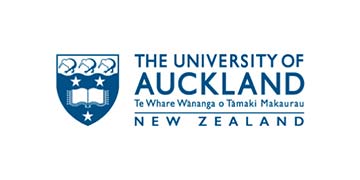University of Auckland: Scholarship for research on tohorā
The New Zealand Post Antarctic Scholarship, worth up to $10,000, will support Annabelle’s studies on where tohorā feed and what they feed on and if this has changed over time.
She will use whale skin samples or biopsies from more than 1000 whales that make up a dataset collected over the past thirty years.
“We’re pretty sure the data is the richest dataset of its type in the world, with samples from all demographics, cows, calves, male and female sub-adults and adults,” she says.
“Some of these whales have been re-sampled in multiple field events over different years which allows us to investigate where these whales feed at both a population level and an individual level and determine whether this has changed over time.”
Annabelle’s research will analyse the isotopes in the biopsies to examine both carbon and nitrogen. The carbon signature indicates where the whales prey was eaten while the nitrogen number indicates what the prey is.
“Once I know what the whales have been eating and where, we can determine if that has changed over time and then look at why that might be,” she says.
The second part of her research will look at the distribution of tohorā around the mainland New Zealand breeding ground to determine if it has changed. Whales pass on ‘cultural knowledge’ to their offspring about migration routes to feeding and breeding grounds but during the hunting era, scientists suspect this knowledge either changed or was lost within a population.
“I’ll be using public sightings of tohorā collected by the Department of Conservation each year to look at how many individual whales are sighted around mainland New Zealand, whether or not there are calves and which direction the whales are moving in,” Annabelle says.
“This information is really important because it will give us an idea of whether the whales are recovering in numbers high enough to be extending their breeding ground to historical areas, like the mainland, and what impact climate change may be having on tohorā populations.”
Southern right whales were so named because they were the ‘right’ whale to kill, being slow-moving and docile. Heavily exploited by whalers for more than 350 years, their numbers are increasing but evidence suggests climate change could adversely affect how well populations recover.
Annabelle’s work also supports research by Rutherford Fellow Dr Emma Carroll, from the University of Auckland’s School of Biological Sciences.

